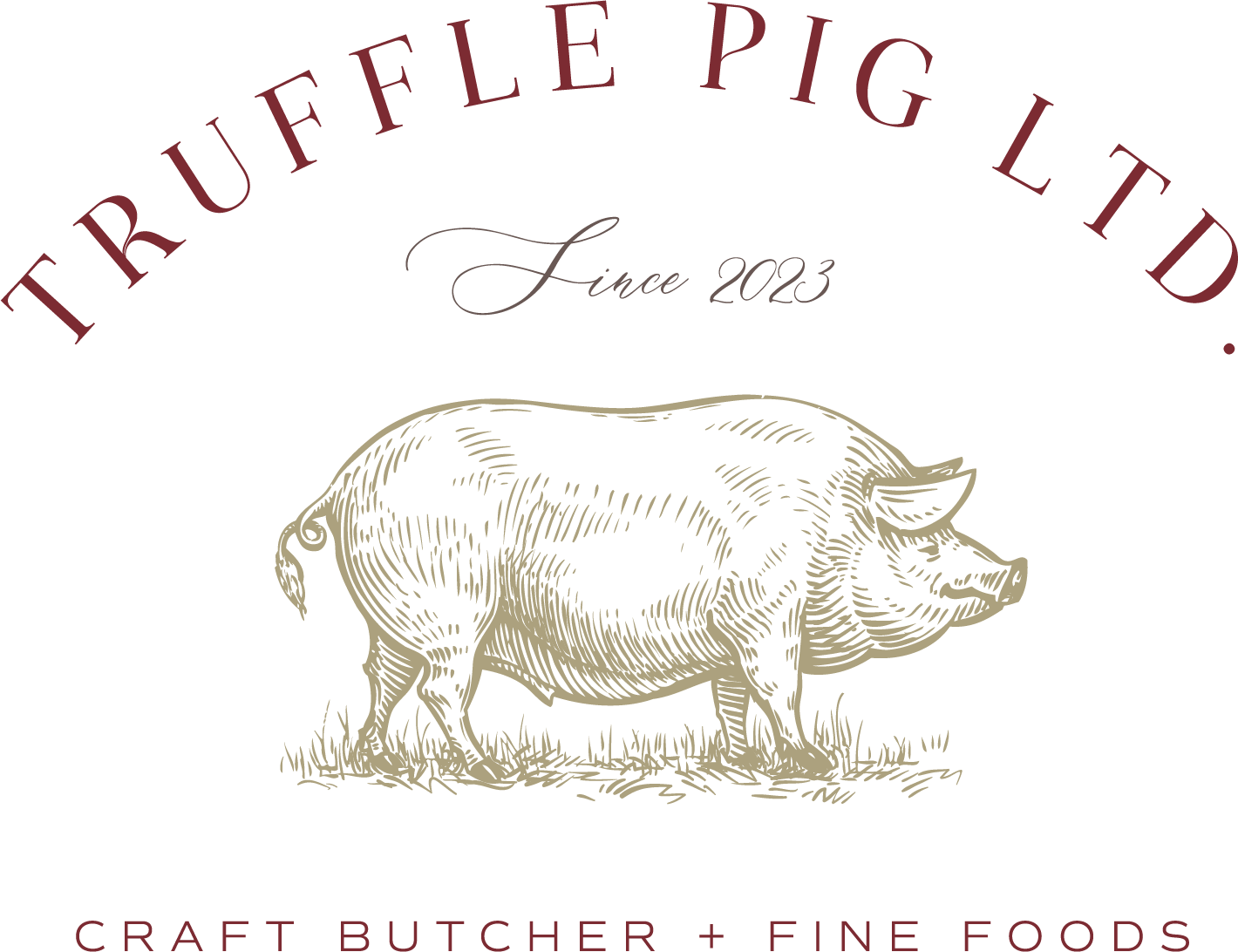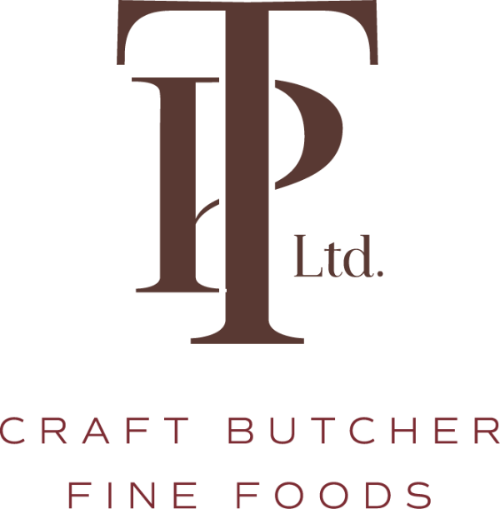What is Wagyu?
With so many types of beef on the market, it’s hard to know what you should buy. We hope this page provides some clarity on which type of beef works best for your occasion, along with some history and facts about each. While this page highlights all the beef we sell, Wagyu takes center stage as our focus.
Wagyu
This beef is best for small portions, suitable for thin slicing and quick searing. It is rich, full of flavor, and has a melt-in-your-mouth texture. While you can grill a Japanese Wagyu dinner steak for an over-the-top experience, Wagyu lends itself to special occasions and smaller portions. Everything about this beef exudes luxury.
What Makes Wagyu Special?
Wagyu beef is renowned internationally for its flavor, velvety texture, and exceptional marbling. The word "Wagyu" (pronounced Wah-gyu) comes from “wa,” meaning Japan, and “gyu,” meaning beef. So, Wagyu literally means “Japanese beef” and refers to breeds of cattle known for producing tender, flavorful, and highly marbled beef.
The secret lies in the breeding. Isolated in Japan for centuries, Wagyu cattle were interbred to create a pure stock. These cattle are prized for their high marbling, tenderness, and palatability. Even when crossbred with other breeds, Wagyu retains its unique qualities, consistently producing high-quality beef with incredible flavor.
A Legacy of Breeding and Care
Wagyu cattle were crossbred from 1868 to 1910 with European and Korean cattle, emphasizing quality. In 1910, Japan closed the breed to outside bloodlines and established a meticulous Wagyu registry. The Japanese government now classifies Wagyu as a national treasure.
Export restrictions on Wagyu cattle were strict until the 1970s. A few head of cattle were brought to the U.S., and more entered in the 1990s. Today, several U.S. ranches raise Wagyu crossbred with Angus, following Japan’s strict standards:
- Wide-open pastures
- Grass and mineral-rich diets
- Stress-free environments
- Multi-stage feeding regimens
Wagyu Today
Not all Wagyu is the same. With private labeling and variations like Olive Fed Wagyu and Kobe Wine Wagyu, the market has become diluted. In Japan, Kobe beef is the gold standard for Wagyu, thanks to strict guidelines to preserve the breed’s purity. While all Kobe beef is Wagyu, not all Wagyu is Kobe.
The Kobe label applies to beef raised in Kobe, Japan’s Hyogo Prefecture. Think of it like Champagne from France versus sparkling wine elsewhere. To sell Kobe beef, sellers must belong to Japan’s National Kobe Beef Association and meet stringent standards. At Truffle Pig, we’re proud to be in the certification process for this coveted registration.
American Wagyu
American Wagyu is the new “Prime,” offering a combination of the umami richness of Japanese Wagyu and the beefy flavor and bite of American Black Angus.
Why Choose American Wagyu?
- Versatility: Great for dinner steaks, thin slicing, burgers, roasts, and more.
- Flavor: A next-level experience combining the best of both worlds.
American Wagyu, sometimes called Kobe Style or Domestic Wagyu, is a cross between full-blood Japanese Wagyu and American Black Angus. At Truffle Pig, we source directly from ranches committed to preserving Wagyu’s genetic purity and traditions. These ranches maintain stress-free environments and honor the practices of Japanese masters.
Black Angus – USDA Prime – Dry Aged
Black Angus is the gold standard of American beef. At Truffle Pig, we sell only USDA Grade Prime beef that is dry-aged for at least 45 days.
Why Choose Black Angus?
- Best for Grilling and Braising: Perfect for pan-roasting, braising, or your favorite steak recipe.
- Unmatched Flavor: Tender, flavorful, and quintessentially American.
Our Black Angus beef comes from pasture-raised, grain-finished cattle raised without antibiotics, hormones, or steroids. These cattle are given time to mature naturally, and their stress-free lifestyles produce exceptional beef.
Many customers find that once they try our Angus beef, they simply can’t go back to anything else. Explore our Angus cuts and discover a new favorite.
By understanding the unique qualities of each type of beef, you can find the perfect cut for any occasion. Whether it’s luxurious Wagyu, versatile American Wagyu, or classic Black Angus, Truffle Pig has you covered.


